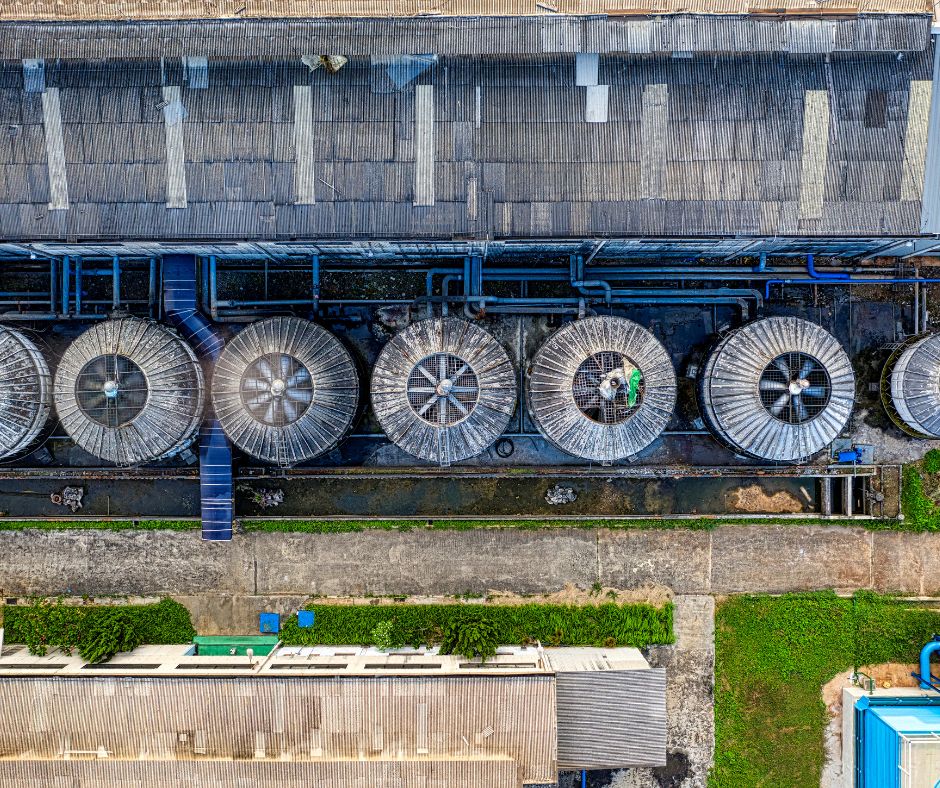Another Observation From a Road Warrior!
In the world of water and wastewater, emerging trends are beginning to influence the entire industry. In my travels around the country, I am discovering that issues in Arizona are also occurring in Washington, and issues in California are the same as those in New Jersey. Emerging trends have been evident for several years, but they are becoming ubiquitous as time goes on.
Of course, lack of funding is always an issue, and it is becoming a critical issue with aging infrastructure around the country. New rules, discharge limits and regulations handed down by regulators are only amplifying this extreme lack of funding. Our industry has been using the term “unfunded mandates” for over a decade, and it is even more prevalent today.
Some new permit limits are causing a severe lack of funding, especially for smaller communities. New permit limits are causing more or new testing requirements and could eventually force small communities to build mechanical plants. In recent years, a community with 800 sewer hookups was required to build a $4.7 Million wastewater plant in order to meet a discharge permit limit ordered by the State Department of Public Health. Incidents like this are considered “unfunded mandates”. This is not an isolated case, as these issues are occurring all over the country.
Along with aging infrastructure, we are also facing a dilemma around an aging work force, or as I prefer to call them, “seasoned professionals”. A large percentage of communities are using seasoned professionals (some past the age of retirement) to keep their water and wastewater systems working. The industry has been struggling for years to attract younger workers. Some states are starting apprenticeship programs that may help bring younger people to our work force. There are several community colleges around the country now offering degrees in water and wastewater. The one I am the most familiar with is Clackamas Community College in Oregon. I might be biased because I’m offered an opportunity to teach at Clackamas every year at their water school, but I believe it is a good program. I am also aware of colleges in Washington, Arizona and Colorado that offer two-year associate degrees in water and wastewater. I constantly tell young people if they are looking for a sustainable, recession-proof career, they need to consider water and wastewater. People will always need clean water to drink and want to flush their toilets and have all the brown stuff go away.
Other emerging trends include new permit limits and a growing number of testing requirements. Systems are discovering that they are short staffed with not enough people to do the additional work. In the worst cases, new, multi-million-dollar treatment facilities lack qualified personnel and are incapable of properly operating the facility. Of course, the higher the certification level needed, the more the community needs to pay.
Another emerging trend is that of discharges from new and emerging businesses.
These businesses can include (depending on what state you are in and current laws) everything from hemp and cannabis growers to producers of CBD products and THC products. Medical and recreational hemp and cannabis growers are ranked 7th on the list of fastest growing industries in the United States, and most states do not have any regulations regarding how these crops are grown.

Medical and recreational retail outlets for hemp and cannabis products are ranked 9th on this list. Edible marijuana products made with THC and CBD are unlimited in their scope, and include marijuana-infused water, beer, candy, baked goods and much more. Even food trucks are making these products. Fats, oils and grease (FOG) from these companies are poised to become an issue for wastewater treatment facilities.
Other rapidly growing industries include microbreweries and distilleries. These businesses create high biological oxygen demand (BOD), high total suspended solids (TSS) and high chemical oxygen demand (COD) discharges to municipal sewer systems.
The next question is how will we deal with emerging trends? and what can we do today? For now, an emphasis should be placed on education within communities and industries. With an educated constituency, pretreatment and FOG ordinances can be written, voted on and enforced based on emerging trends within individual communities.
Other options in the treatment process that should be considered are Bioaugmentation and bio stimulation. These new emerging processes, that have been around in the wastewater business for over 25 years, are now gaining acceptance from regulators in many states.

Bioaugmentation is the accepted method of inoculating a system with beneficial bacteria to enhance the process of wastewater treatment. There are many many ways a system can acquire the biology (bugs). There are a few companies that can provide these bacteria to you.
Bio Stimulation is the method used to provide your existing bacteria with the environment they need in order to perform at their highest level. Many of you are using Aeration as a form of Bio Stimulant. There are dozens of other bio stimulant programs available today. Even dog food has been used in the past. I do not recommend using dog food, ever.
If you are interested in learning more about emerging trends or would like to attend a class on this subject, please, contact us.
©Copyright protected, Rick Allen, CEO BioLynceus, LLC November 2019


